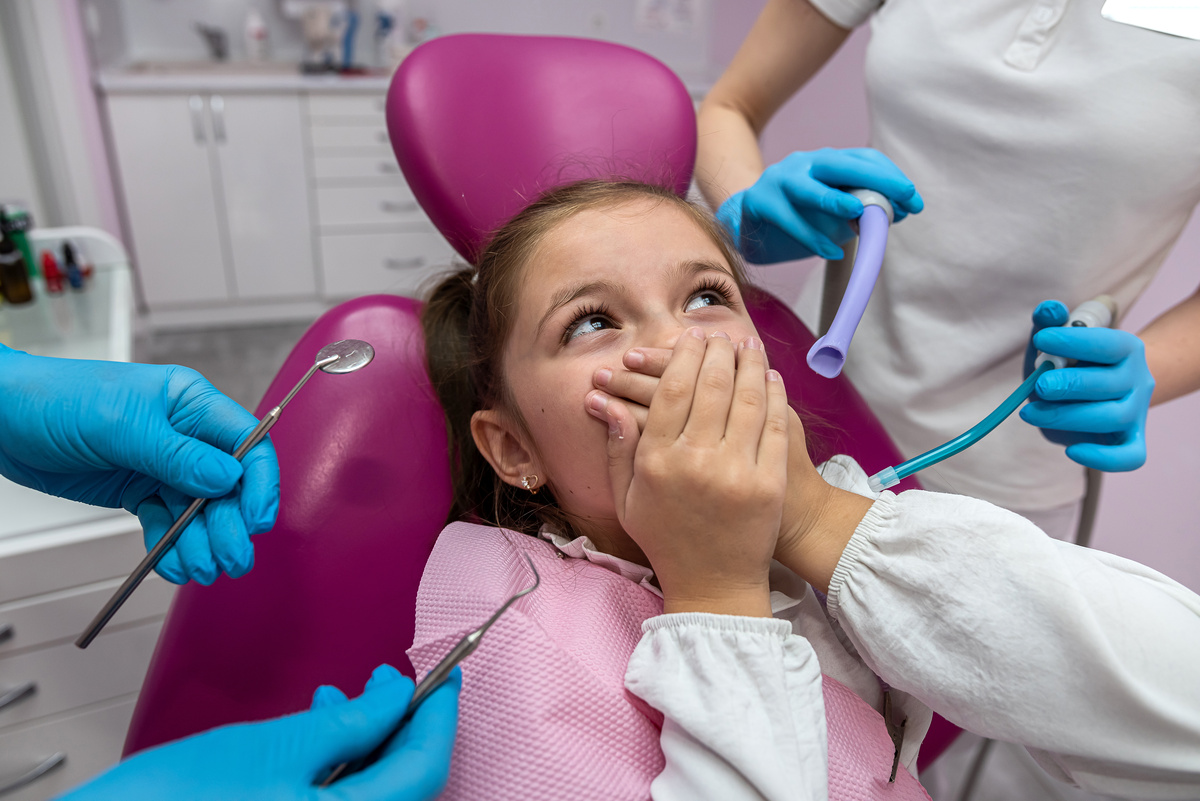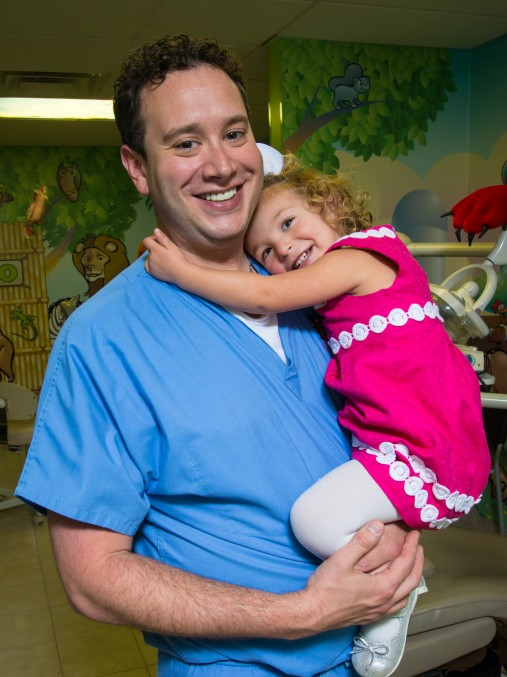
At ABC Children’s Dentistry, we understand how important it is for parents to feel equipped with strategies to help their children overcome dental fears. Children who feel prepared and supported tend to have more successful dental appointments and develop healthier long-term relationships with their oral healthcare.
Understanding the Root of Dental Anxiety
Dental anxiety in children often stems from fear of the unknown. Many kids worry about potential pain, unfamiliar sounds, or losing control during treatment. Some children may have heard scary stories from other kids or even well-meaning adults who shared their own negative dental experiences.
Research shows that dental anxiety affects a significant number of children and can persist into adulthood if not addressed early. The good news is that with proper preparation and the right approach, parents can help their children develop positive associations with dental care.
Age also plays a role in how children experience dental anxiety. Toddlers may fear separation from parents, while school-age children might worry more about pain or embarrassment. Understanding your child’s specific concerns based on their developmental stage helps you address their needs more effectively.
Preparing Your Child at Home
Start conversations about dental visits early and keep them positive. Explain that dentists are helpers who keep teeth healthy and strong. Use simple, age-appropriate language and avoid words like “shot,” “drill,” or “pain.” Instead, focus on the benefits of having clean, healthy teeth.
Reading books about dental visits can familiarize children with what to expect. Many children’s books feature friendly dentist characters and show kids having positive experiences. You might also play “dentist” at home, taking turns examining each other’s teeth with a toothbrush or letting your child practice on a stuffed animal.
Role-playing helps children feel more in control and less anxious about new situations. Let your child be the dentist sometimes, which gives them a sense of power and understanding about the process. This playful approach makes the real visit feel less intimidating and more familiar.
Timing your conversations matters too. Bring up the upcoming appointment a few days before, but not weeks in advance, as this might give anxious children too much time to worry. For very young children, mentioning it the day before or morning of the visit works well.
Choosing the Right Pediatric Practice
The environment your child encounters at their dental office significantly impacts their experience. Look for practices designed for children, with colorful decorations, kid-friendly furniture, and staff trained in working with young patients. These elements help create a welcoming atmosphere that reduces anxiety.
Consider visiting the office before your child’s actual appointment. Many practices welcome families to tour the facility, meet staff members, and see treatment rooms. This preview helps eliminate fear of the unknown and allows your child to become familiar with the space when there’s no pressure for treatment.
Ask about the practice’s approach to anxious children. Some offices use techniques like tell-show-do, where they explain procedures, demonstrate on models, and then perform them. Others might offer comfort items like blankets, headphones, or even entertainment during treatment. Your child’s comfort should be a top priority for any pediatric practice.
Supporting Your Child During Treatment
Most pediatric dentists encourage parents to accompany younger children into treatment rooms, at least initially. Your presence can provide comfort and security. Follow the dentist’s lead about where to sit and how to interact during procedures.
Some children do better with parents nearby but not directly involved in the treatment. Others prefer parents to hold their hands or provide gentle encouragement. Pay attention to what works for your individual child and communicate with the dental team about their preferences.
If your child becomes upset during treatment, stay calm and follow the dentist’s guidance. Experienced pediatric dentists have strategies for helping children cope with difficult moments. Sometimes, a brief break, a change in position, or a different approach can make all the difference.
Remember, it’s normal for some children to need time to adjust to dental visits. Don’t feel discouraged if the first visit doesn’t go perfectly. Each subsequent visit typically gets easier as your child becomes more familiar with the process and builds trust with the dental team.
Creating Positive Dental Experiences With ABC Children’s Dentistry
Working together with your pediatric dental team creates the best outcomes for your child. When parents and dental professionals share the goal of positive experiences, children benefit from consistent, supportive care addressing their individual needs and concerns. Remember, helping your child navigate dental anxiety is an investment in their lifelong oral health. The strategies you use now to create positive associations with dental care will serve them throughout their lives, making future appointments easier and more comfortable.
If you’re looking for a pediatric practice prioritizing your child’s comfort and working with families to address dental anxiety, we’d love to help. Dr. Singer has been voted Top Dentist for Pediatric Dentistry by the Consumers Research Council of America and has been creating extraordinary dental experiences for children since 2004. Contact our office to schedule an appointment or call us at (856) 783-3515 to learn more about our approach to creating positive dental experiences for children of all ages.

